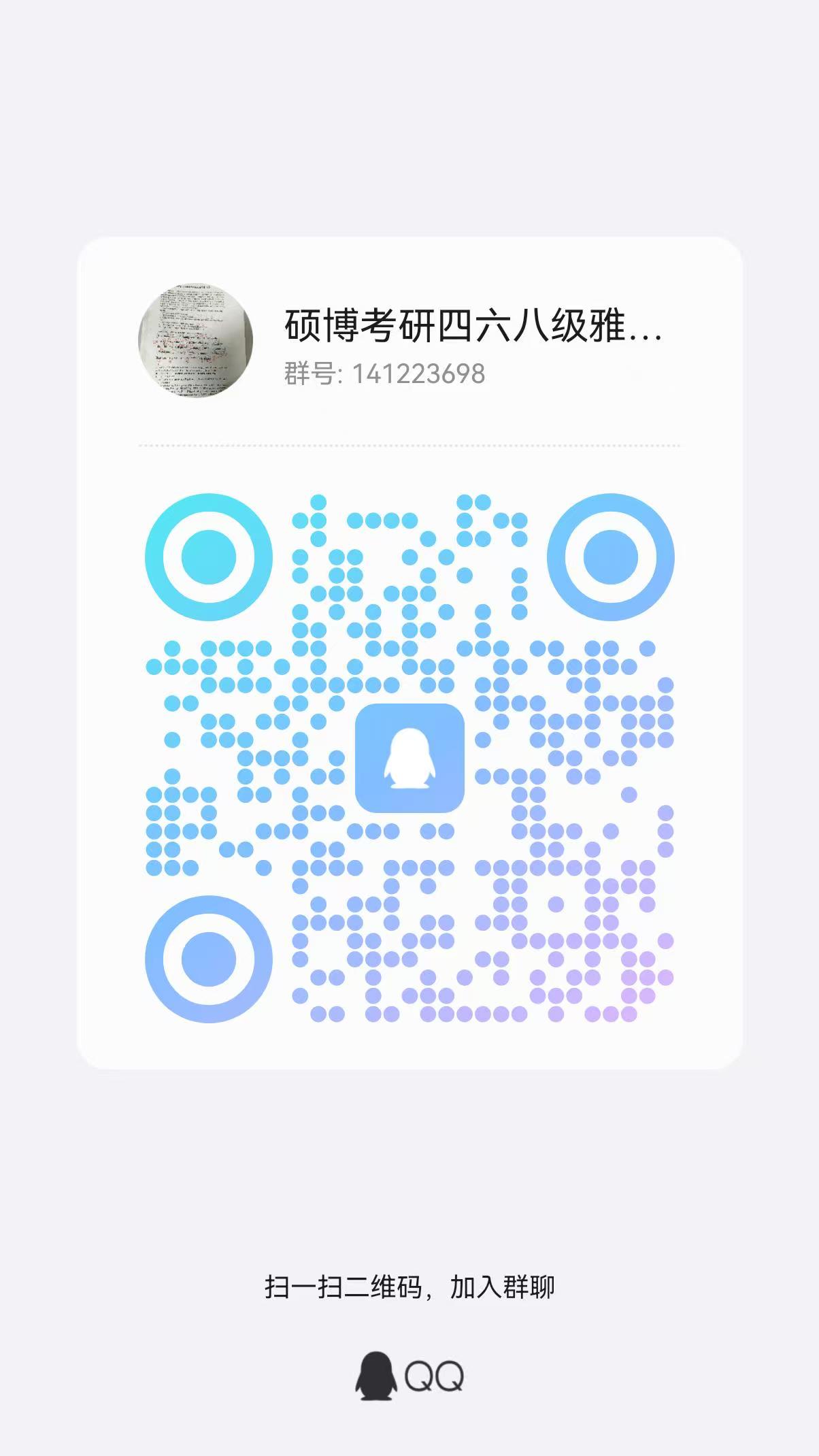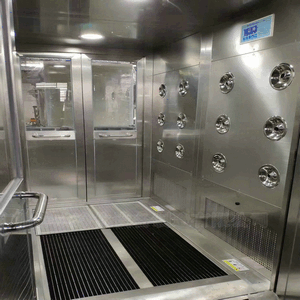🗣 SL提问: app设计ai
✍️ Ai批改: Designing an AI-powered app involves several steps, from conceptualization to development and deployment、Here's a comprehensive guide to help you get started:
Step 1: Define the Problem and Goal
1、Identify the problem you want to solve with your app.
2、Determine the goal of your app (e.g., improve user experience, automate a task, provide insights).
3、Research existing solutions and analyze their strengths and weaknesses.
Step 2: Choose an AI Technology
1、Machine Learning (ML): Use algorithms to train models on data and make predictions or decisions.
2、Natural Language Processing (NLP): Enable computers to understand, interpret, and generate human language.
3、Computer Vision: Allow computers to interpret and understand visual data from images and videos.
4、Speech Recognition: Enable computers to recognize and transcribe spoken language.
Step 3: Design the User Experience
1、User Research: Understand your target audience, their needs, and pain points.
2、Wireframing and Prototyping: Create low-fidelity sketches and high-fidelity prototypes to visualize the app's layout and flow.
3、User Interface (UI) Design: Create a visually appealing and user-friendly interface.
Step 4: Select a Development Platform
1、Mobile: iOS, Android, or cross-platform frameworks like React Native or Flutter.
2、Web: Use frameworks like React, Angular, or Vue.js for web development.
3、Cloud: Leverage cloud platforms like AWS, Google Cloud, or Microsoft Azure for scalable infrastructure.
Step 5: Choose AI Frameworks and Tools
1、TensorFlow: An open-source ML framework.
2、PyTorch: An open-source ML framework.
3、Dialogflow: A Google-owned platform for building conversational interfaces.
4、Microsoft Cognitive Services: A suite of cloud-based APIs for AI-powered services.
Step 6: Develop the AI Model
1、Data Collection: Gather and preprocess data for training and testing.
2、Model Training: Train your AI model using the chosen framework and tools.
3、Model Evaluation: Test and evaluate the performance of your AI model.
Step 7: Integrate AI into the App
1、API Integration: Integrate AI models with your app using APIs.
2、SDK Integration: Use software development kits (SDKs) for specific AI technologies.
Step 8: Test and Deploy
1、Testing: Perform thorough testing of the app, including AI model performance.
2、Deployment: Deploy the app on the chosen platform.
Example AI-Powered App Ideas
1、Virtual Wardrobe: An AI-powered fashion app that suggests outfits based on user preferences.
2、Mood-Based Music: An app that generates music playlists based on a user's emotions.
3、Chatbots: AI-powered conversational interfaces for customer support or language learning.
Popular AI-Powered App Features
1、Image Recognition: Identify objects, scenes, or activities in images.
2、Speech Recognition: Transcribe spoken language into text.
3、Predictive Analytics: Forecast user behavior or outcomes using machine learning.
4、Personalization: Offer tailored experiences based on user preferences and behavior.
Best Practices
1、Keep it Simple: Start with a minimal viable product (MVP) and iterate based on user feedback.
2、Focus on User Experience: Ensure the AI-powered features enhance the overall user experience.
3、Continuously Monitor and Improve: Regularly update and refine your AI model to maintain performance and accuracy.
By following these steps and best practices, you can create a successful AI-powered app that provides value to your users.
0
IP地址: 34.51.154.108
搜索次数: 109
提问时间: 2025-04-20 20:56:29
❓️ 热门提问:
本命年带属相金饰品可以吗
怎样ai绘画
ai少女免费下载
沪金期货怎么查
ai性感美女图鉴
郑州银行
天键股份
华宝宝裕债券D
ai下载 绿色
新疆金矿分布
豌豆Ai站群搜索引擎系统
🤝 关于我们:
三乐Ai
作文批改
英语分析
在线翻译
拍照识图
Ai提问
英语培训
本站流量
联系我们

📢 温馨提示:本站所有问答由Ai自动创作,内容仅供参考,若有误差请用“联系”里面信息通知我们人工修改或删除。
👉 技术支持:本站由豌豆Ai提供技术支持,使用的最新版:《豌豆Ai站群搜索引擎系统 V.25.05.20》搭建本站。
















